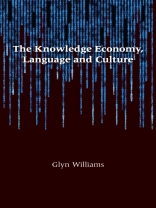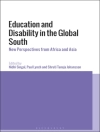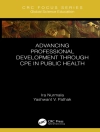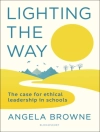Together with changes in the nature of modernity, globalisation is restructuring society. The sovereignty of the nation-state is undermined, the structuring of identity is realigned and a sense of individualism (which involves a freedom of choice re institutional alignments) prevails. English emerges as the global lingua franca. At the heart of these developments is the knowledge economy within which work is organised according to principles quite different from those of the Taylorism that prevailed in the industrial economy. Language and culture play a crucial role in the elaboration of the shared meaning that is crucial for learning within team working. The book argues that creativity is enhanced by the use of multilingualism within working practices. It concludes with an overview of how our understanding of language is also changing.
विषयसूची
Chapter 1 Change and the Knowledge Economy
Chapter 2 Language as an Object
Chapter 3 Human Capital
Chapter 4 Regional Innovation Systems
Chapter 5 Communities of Practice
Chapter 6 Language and the Subject
Chapter 7 The Cultural Economy
Chapter 8 Social Theory and Language
लेखक के बारे में
Formerly Research Professor at University Ramon Llull, Barcelona, Glyn Williams has also worked at the University of San Francisco, the University of Bangor, University of Cardiff, and University College Dublin. A sociologist, he has written 14 books and over a hundred papers on a variety of topics including language and society, regional development, ethnicity, media and technology.












